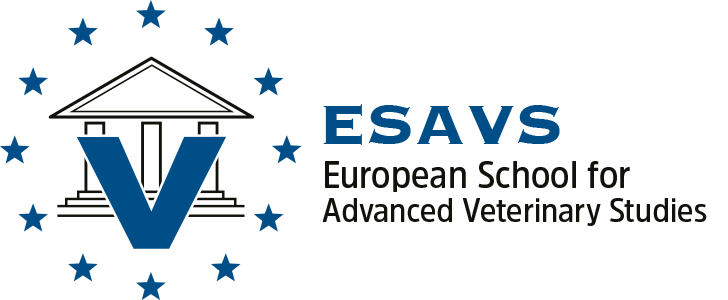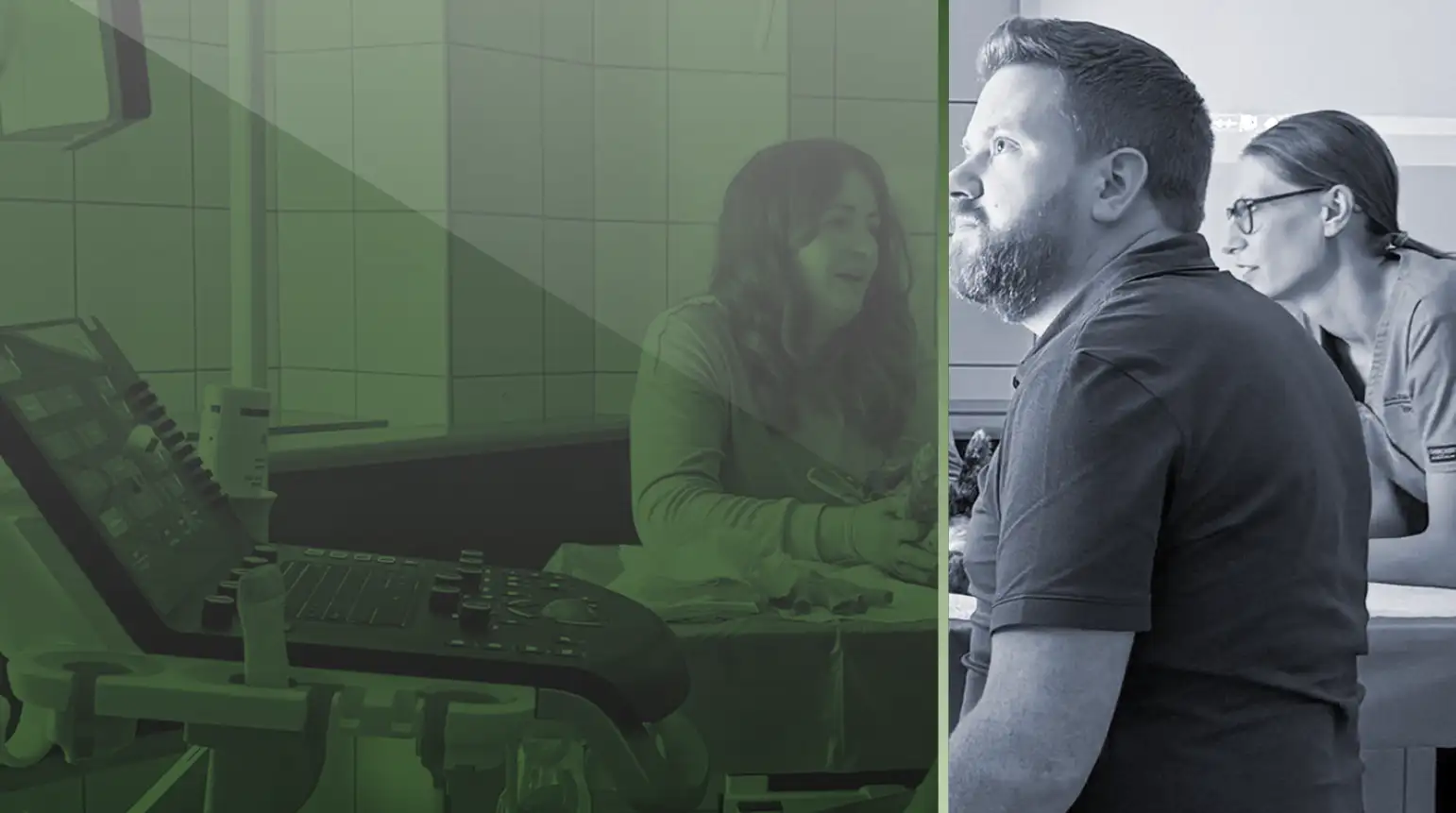Exotic Pet – Avian Medicine and Surgery
Program Director:
Principal Course Master(s):
Course Overview
This Exotic Pet Course in Avian Medicine and Surgery is designed for veterinarians who wish to deepen their expertise in avian medicine and surgery, with a focus on the practical and theoretical knowledge required to manage the health of exotic bird species commonly encountered in clinical practice (including psittacines, passerines, raptors and chickens). Participants will explore essential aspects of avian husbandry, anatomy, physiology, and pathology as well as main clinical techniques including anesthesia, surgery, endoscopy and imaging techniques, gaining the confidence and skills necessary to provide exceptional care.
Hands-On Learning: The topics covered in the lectures will be reinforced during wetlabs, where participants will practice the techniques on silent patients in small groups covering from the most basic clinical techniques (e.g injection, blood sample, IV catheter, beak trimming) to more advanced ones (orthopedic surgery, endoscopy, air sac cannulation). This hands-on experience ensures that participants not only learn the theoretical aspects but also gain valuable practical skills under expert guidance of two recognized European specialists in avian medicine and surgery.
This comprehensive course equips veterinarians with the knowledge, practical skills, and clinical decision-making ability to excel in the dynamic field of avian medicine and surgery.
Whether you’re looking to broaden your practice offerings or enhance your expertise, this program provides the tools and confidence to achieve your goals
Learning outcomes
The student is able to:
Knowledge
- Identify the species most commonly seen in practice and to present the best practice for husbandry and nutrition for each
- Recall the main anatomic and physiologic difference in birds of clinical significance
- Recognise and describe the diagnostic and therapeutic approach for commonly seen pathophysiologic conditions in the most commonly seen species
- Enumerate step-by-step the procedure to perform coelioscopy, orthopaedic surgery for appendicular fractures and most common soft tissue surgery in avian practice
Skills
- Perform basic techniques in avian medicine including but not limited to blood samples, intravenous and intraosseous catheter, bandages, air sac cannulation
- Analyse radiographic and tomodensitometric images and interpret the main lesions that can be observed
- Perform a coelioscopy through caudal thoracic air sac allowing to visualize all internal organs from heart apex to cloaca
- Perform an orthopaedic surgery to reduce and stabilise an appendicular fracture using the external skeletal fixator – intramedullary pin tie-in technique
- Perform the most common soft tissue surgeries (ingluviotomy, salpingohysterectomy, proventriculotomy, cloacoplasty / cloacopexia)
Responsibility and autonomy
- Design a diagnostic plan for most common clinical presentation in avian medicine
- Reach a sound differential diagnosis based on radiographic and tomodensitometric images interpretation
- Evaluate the aspect of the different internal organ during a coelioscopy
- Design a therapeutic plan taking into account the main diagnosis and the pathologic state of an avian patient
Preparation for the Exotic Pets Course in Avian Medicine and Surgery
While no prior preparation is required for this course, those who wish to familiarize themselves with the subject in advance may find the following recommended readings useful:
- Clinical Anatomy and Physiology of Exotic Species (O’Malley, 2005) – Chapters 1-3
- Avian Medicine and Surgery in Practice: Companion and Aviary Birds (Bob Doneley, 2016) – Chapters 1-3
These resources have been suggested by the course master as valuable background material for interested participants. However, all essential content will be covered during the course.
Course Program (Subject to change)
Thursday, 11.09.2025
08:30 – 10:00 Husbandry/Nurition/Species recognition
10:00 – 11:00 Anatomy
11:00 – 11:30 Coffee Break
11:30 – 12:30 Endoscopy
12:30 – 13:00 Analgesia
13:00 – 14:00 Lunch
14:00 – 15:30 Imaging basics
15:30 – 16:00 Break
16:00 – 18:00 Workshop: Endoscopy / Interactive case imaging ½ groups
Friday, 12.09.2024
08:30 – 10:00 Dermatology
10:00 – 11:00 Cardiology
11:00 – 11:30 Coffee Break
11:30 – 13:00 Therapeutics
13:00 – 14:00 Lunch
14:00 – 15:30 Orthopedic surgery
15:30 – 16:00 Break
16:00 – 18:00 Workshop: Endoscopy / Interactive case imaging ½ groups
Saturday, 13.09.2025
08:30 – 10:30 Psittacine diseases
10:30 – 11:00 Coffee Break
11:00 – 13:00 Chicken diseases
13:00 – 14:00 Lunch
14:00 – 15:00 Anesthesia
15:00 – 15:30 Break
15:30 – 18:00 Workshop: Basic Techniques
Sunday, 14.09.2025
08:30 – 10:30 Theriogenology
10:30 – 11:00 Coffee Break
11:00 – 13:00 Soft tissue surgery / Beak surgery
13:00 – 14:00 Lunch
14:00 – 17:00 Workshop: Soft tissue surgery / Orthopedic surgery ½ groups
Monday, 15.09.2025
08:30 – 10:30 Raptors, Pigeons and Passerines diseases
10:30 – 11:00 Coffee Break
11:00 – 13:00 Clinical biology
13:00 – 14:00 Lunch
14:00 – 17:00 Workshop: Soft tissue surgery / Orthopedic surgery ½ groups
Exotic Pet – Avian Medicine and Surgery
11/09/2025 - 15/09/2025Location:
Warsaw, PolandVenue:
Warsaw University of Life Sciences – SGGW, Nowoursynowska street 159 C (building # 22), 02-787, Warsaw, Poland

